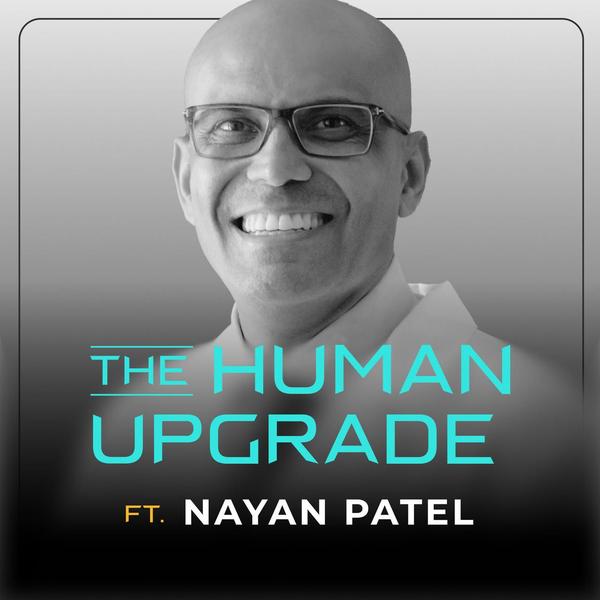The Brain-Body Fix: How Magnesium, Omega-3s, & Vitamin D Transform Your Health
Mark Hyman
May 12, 2025
Mindsip insights from this episode:
Reduce sugar intake to preserve magnesium levels
The more sugar and starch you eat, the more you increase the rate of magnesium excretion from your body through urine.
Choose red blood cell magnesium test for accurate assessment
The common serum magnesium test is a poor indicator of your body's total magnesium, and a red blood cell magnesium test is far more accurate.
Increase vitamin D intake as age reduces skin production
The average 70-year-old's skin creates only 25% of the vitamin D from sun exposure that a 20-year-old's does.
Avoid processed foods to protect gut neuron function
Eating processed foods can cause sensory neurons in your gut to retract, damaging your body's ability to sense what it needs and crave healthy foods.
Understand dopamine's role in driving cravings, not pleasure
Dopamine's primary role is to make you crave more of whatever triggered its release, rather than being a molecule of pleasure itself.
Take over 1,000 milligrams of EPA daily for antidepressant effects without side effects
Taking over 1,000 milligrams of EPA daily has an effect comparable to prescription antidepressants for some people, but without the side effects.
Maintain vitamin D levels above 50 ng/mL to prevent COVID deaths
One large Israeli study found there were zero deaths from COVID in patients who had vitamin D levels over 50 ng/mL.
More from
Mark Hyman
You also might be interested in
I Tried $50 Brain Boosting Powder
Everything You Need To Know About SEED OILS (Including One Cool "Trick" To Make Them Less Damaging), With Dr. Nick Norwitz
A Supplement ACTUALLY Proven to Prevent Cancer!
Are Urolithin A Longevity Supplements worth your Money? [New Study]
The Real Reason Your Face Is Aging So Fast











